Earlier this year I attended the Public Safety Canada Industrial Control System Security symposium in Charlottetown, PEI (FYI the PSC ICS events are outstanding - worth attending, even if you are not Canadian). While there, I had a chance to meet with an old friend, Andrew Ginter, Vice President of Industrial Security at Waterfall Security Solutions. We chatted about an issue I’ve been interested in – or, dare I say, obsessed with – for a while now: the software supply chain in ICS and how to ensure that it’s trustworthy. Our conversation was the basis for the podcast Where Do Your Bits Really Come From? Let me fill you in on some of the points we discussed.
We began by talking about the field itself: just how widespread is the issue of supply chain integrity? The problem is actually much larger and complex than I suspected when I started investigating it in 2017. Initially, I thought that the problem just affected the owners and operators of ICS assets: as the 2014 Dragonfly 1.0 attacks showed us, technicians in the field risk patching their control systems with harmful updates.
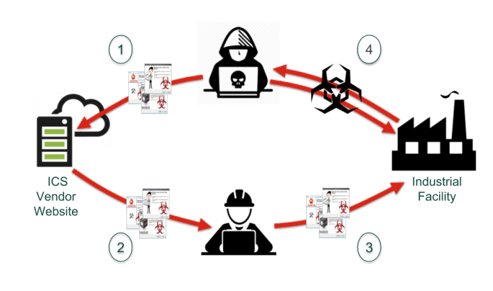
However, the more people I spoke with about supply chain issues, the more I realized ICS vendors had their own challenges as well. It turns out that people view the problem differently depending on which vertical they’re in and what their role is – but the same basic problem still exists for all audiences.
So what exactly is the problem? Well, that’s pretty simple: How do we, as users, trust the firmware and software that we’re loading into our industrial control systems?
And to look at it from the other side: How do vendors know that the software out in the world associated with their organization hasn’t been tampered with or did, in fact, come from them?
When dealing with software, there are multiple issues that test our trust. The two examples I discussed with Andrew were counterfeiting (injection of malicious code into the supply chain) and our inability to know exactly what components make up a software package. This latter issue is complex because of the way we develop software today: most software projects include embedded third-party and open-source code. And that embedded code has its own third-party and open-source code embedded in it. So what happens if one of those subcomponent’s subcomponents has a vulnerability? Would the ICS vendor even know about the vulnerability? Would their customers know? Unfortunately, the usual answer is “No.”

Photo by Marco Verch / CC BY 2.0 / Cropped, small doll face altered
This may sound a bit gloomy but don’t despair: we talk about how the industry is making progress in this area. For example, code signing technology is useful to address the software tampering issue, though it won’t solve the problem on its own. Unfortunately, it is complex, it's not widely used outside of IT software – AND malware writers have figured out how to use it to their advantage!
The key is in the ability to break down the libraries so that we can identify who built which pieces and generate a reliable Software Bill of Materials, so to speak. The solution, as is often the case, lies in having better knowledge and then being able to effectively share that knowledge with users.
It’s amazing how much ground you can cover during a single conversation. After talking extensively about the problem, I shared how we are using the information available to us to find a solution. I spoke with Andrew about aDolus, how it all started, and how our team is working to address the problem with the supply chain. Vendors are keen to come on board to help us with our solution.
I’m hoping you find the challenge of securing the supply chain as interesting as the aDolus team does. If so, jump over to the Waterfall Security Solutions podcast page and listen to the full podcast. If you stick around until the end, you’ll even get to hear where the company name aDolus comes from. Enjoy!

Eric Byres
Eric is widely recognized as one of the world’s leading experts in the field of OT, IT and IoT software supply chain security. He is the inventor of the Tofino Security technology – the most widely deployed OT-specific firewall in the world. When not setting the product vision, or speaking at a conference, Eric can be found cranking away on his gravel bike.
Stay up to date
Browse Posts
- May 2024
- February 2024
- December 2023
- October 2023
- April 2023
- March 2023
- February 2023
- October 2022
- April 2022
- February 2022
- December 2021
- November 2021
- August 2021
- July 2021
- June 2021
- May 2021
- February 2021
- January 2021
- December 2020
- September 2020
- August 2020
- July 2020
- May 2020
- April 2020
- January 2020
- October 2019
- September 2019
- November 2018
- September 2018
- May 2018
Browse by topics
- Supply Chain Management (16)
- SBOM (15)
- Vulnerability Tracking (15)
- #supplychainsecurity (10)
- Regulatory Requirements (10)
- VEX (8)
- EO14028 (6)
- ICS/IoT Upgrade Management (6)
- malware (6)
- ICS (5)
- vulnerability disclosure (5)
- 3rd Party Components (4)
- Partnership (4)
- Press-release (4)
- #S4 (3)
- Software Validation (3)
- hacking (3)
- industrial control system (3)
- Code Signing (2)
- Legislation (2)
- chain of trust (2)
- #nvbc2020 (1)
- DoD CMMC (1)
- Dragonfly (1)
- Havex (1)
- Log4Shell (1)
- Log4j (1)
- Trojan (1)
- USB (1)
- Uncategorized (1)
- energy (1)
- medical (1)
- password strength (1)
- pharmaceutical (1)



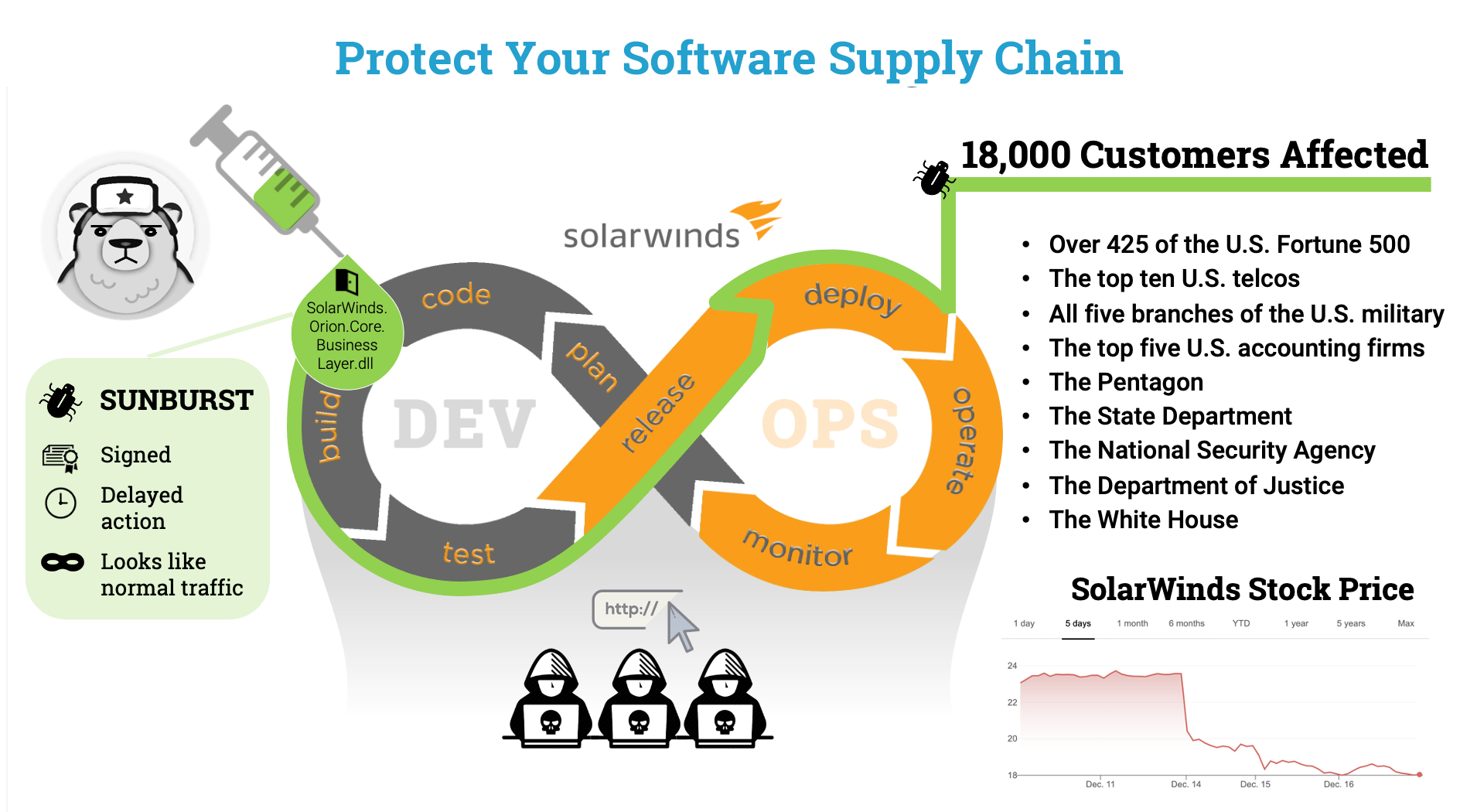







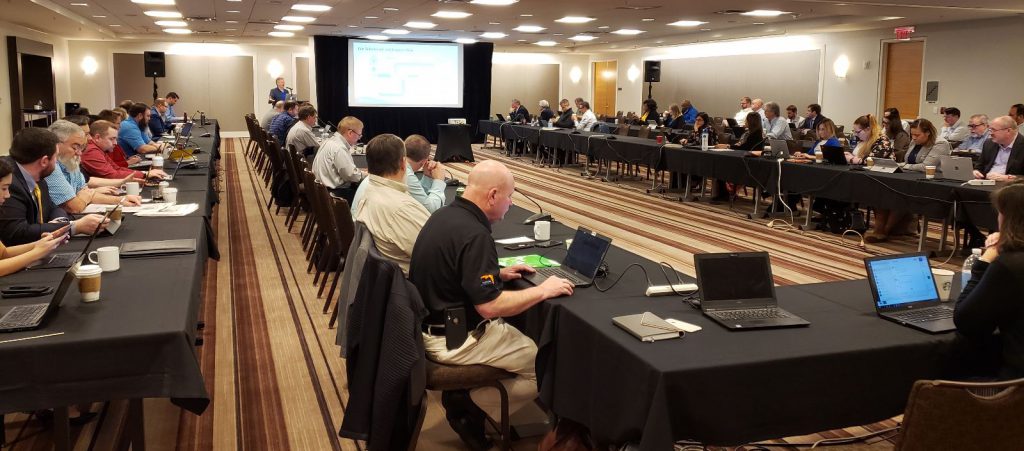

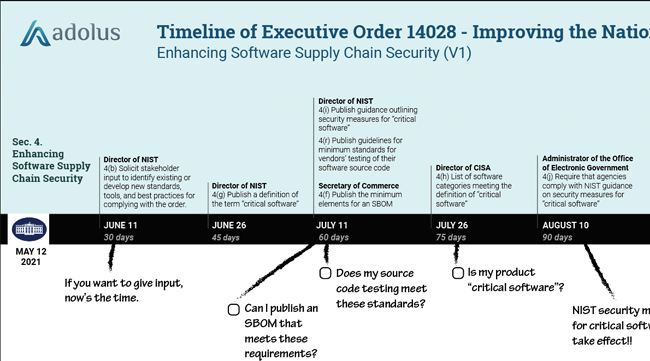
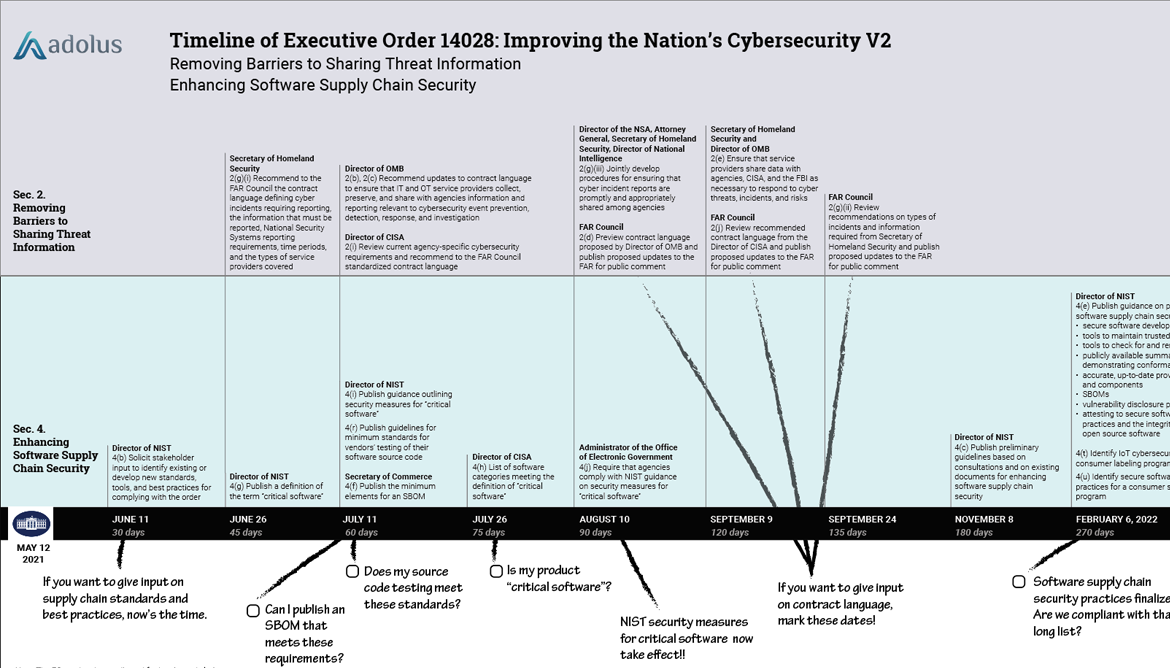


Post a comment